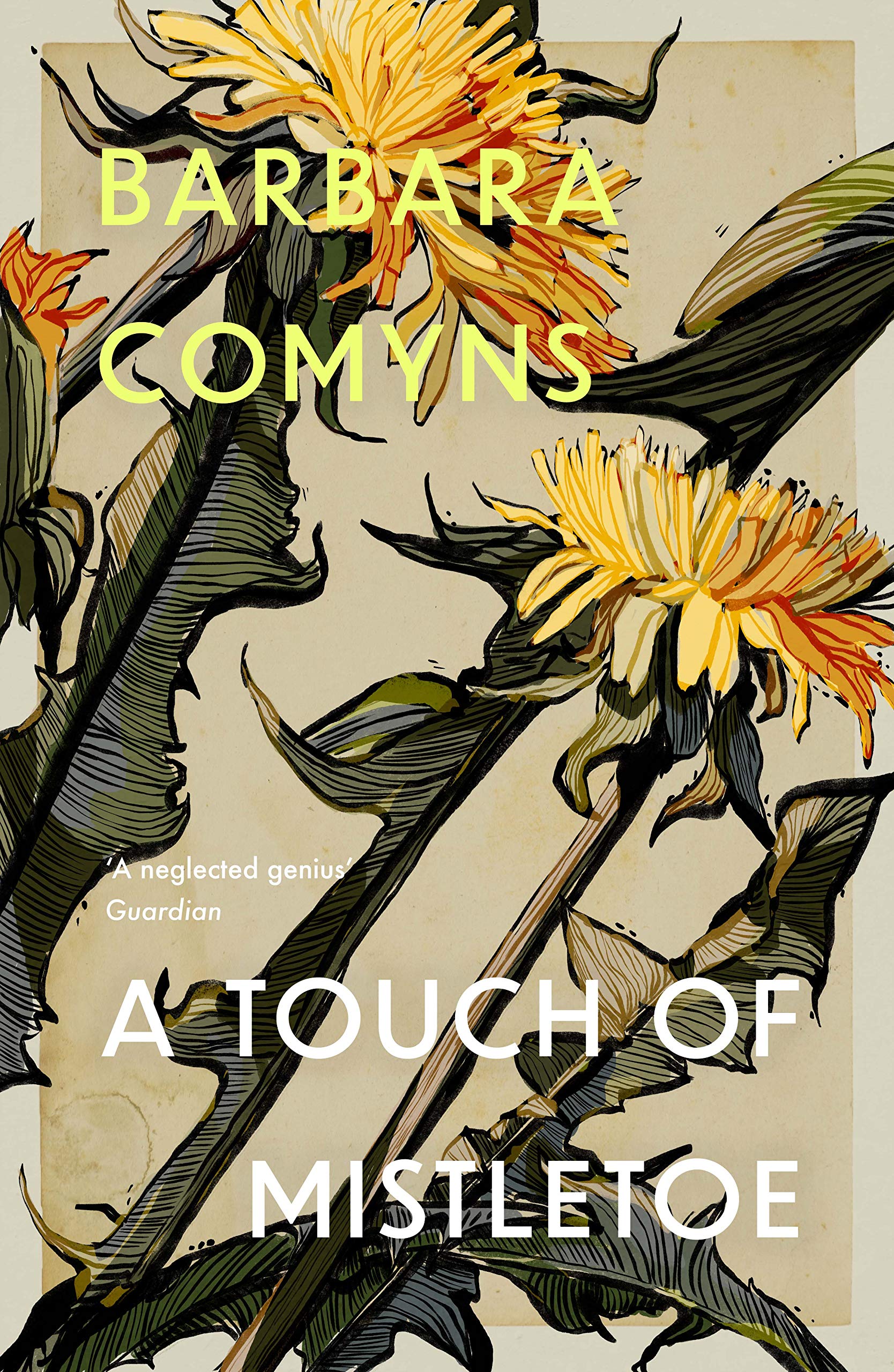What do you think?
Rate this book


256 pages, Kindle Edition
First published January 1, 1967
a considerable amount of sexy talk used to go on, mostly old wives’ tales about young brides who had had their nightgowns torn to shreds on their wedding night, childbirth and abortions, monster babies and the almost mystic horrors of the change of life.